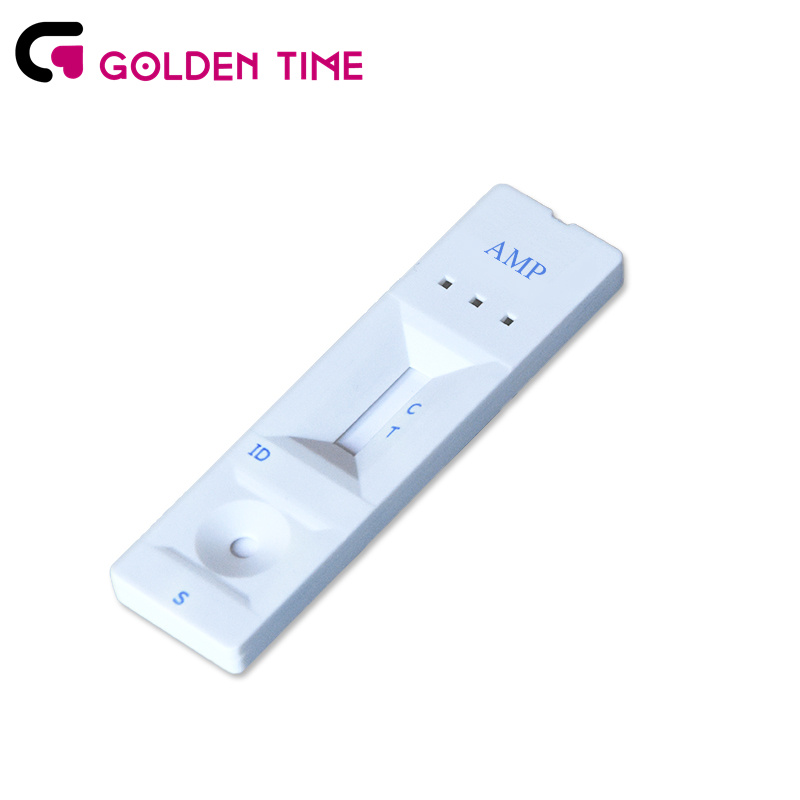Jan . 06, 2025 15:59 Back to list
covid test
Navigating the intricacies of COVID-19 testing has become crucial for many, especially with the fluctuating nature of the pandemic. Understanding the nuances of these tests not only empowers consumers but also elevates their ability to make informed decisions about their health.

COVID-19 tests are designed with both simplicity and precision in mind. They primarily fall into two categories diagnostic tests and antibody tests. Diagnostic tests, such as PCR and rapid antigen tests, are vital in detecting active infections. PCR tests are renowned for their accuracy, utilizing a molecular technique to identify the virus's genetic material. This test is recommended for those exhibiting symptoms or those who have been in close contact with a confirmed case.
In contrast, rapid antigen tests, although less sensitive, offer the advantage of speed, delivering results in mere minutes. They are particularly useful in situations where immediate results are essential, such as pre-travel testing or large-scale screenings. However, users should be aware of the potential for false negatives and may require a follow-up PCR test for confirmation.

Antibody tests serve a different purpose by detecting the presence of antibodies against the virus, indicating a past infection. While they are not used to diagnose current infections, they play a critical role in understanding the spread of COVID-19 and gauging the community's herd immunity levels.
The reliability and credibility of COVID-19 tests hinge on the methods employed and the expertise of the manufacturing companies. This industry is tightly regulated, with agencies such as the FDA and WHO providing guidelines to ensure quality and safety. Opting for tests approved by these authorities bolsters trust in their accuracy.
covid test
When choosing a COVID-19 test, consider the specific requirements and consult healthcare professionals to understand which type suits your needs best. It's also beneficial to stay updated with the latest developments and public health guidelines, as these evolve rapidly with new research findings.
Moreover, accessing COVID-19 tests has become more user-friendly, with online platforms offering at-home testing kits. These kits provide convenience and privacy, allowing users to test from the comfort of their homes while maintaining the integrity of professional lab results. Most of these kits come with clear instructions, and some even offer telehealth consultations to interpret results correctly.
Navigating through the available tests and understanding their implications enhances consumer experience by mixing expert knowledge and real-world application. As the world adapts to coexisting with COVID-19, having precise, reliable, and accessible testing options remains foundational in managing and eventually overcoming this global challenge.
Selecting the right COVID-19 test is not just about receiving results; it's about understanding your health status comprehensively, supported by expertise and authoritative guidance. Ensuring the tests you choose are backed by scientific integrity and regulatory approval can build trust and reinforce the community's efforts in curbing the pandemic.
-
Reliable Early Pregnancy Test Kit Supplier - Multi Plastic Cassette Options
NewsJul.30,2025
-
Transferrin Rapid Test Cassette – Reliable Tumor Marker Detection
NewsJul.29,2025
-
Accurate Follicle Stimulating Hormone Test Kit | Rapid Reliable Results
NewsJul.29,2025
-
High Accuracy LH Ovulation Test Kit - Digital Results & Wholesale Options
NewsJul.29,2025
-
HbsAg Blood Rapid Test Kit for Fast & Accurate Hepatitis B Detection
NewsJul.28,2025
-
Sterile Urine Cup for Safe & Easy Collection | High-Quality Specimen Cups
NewsJul.28,2025

